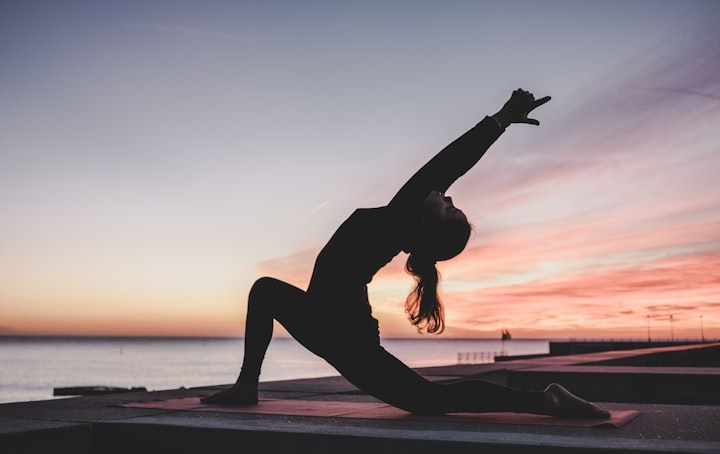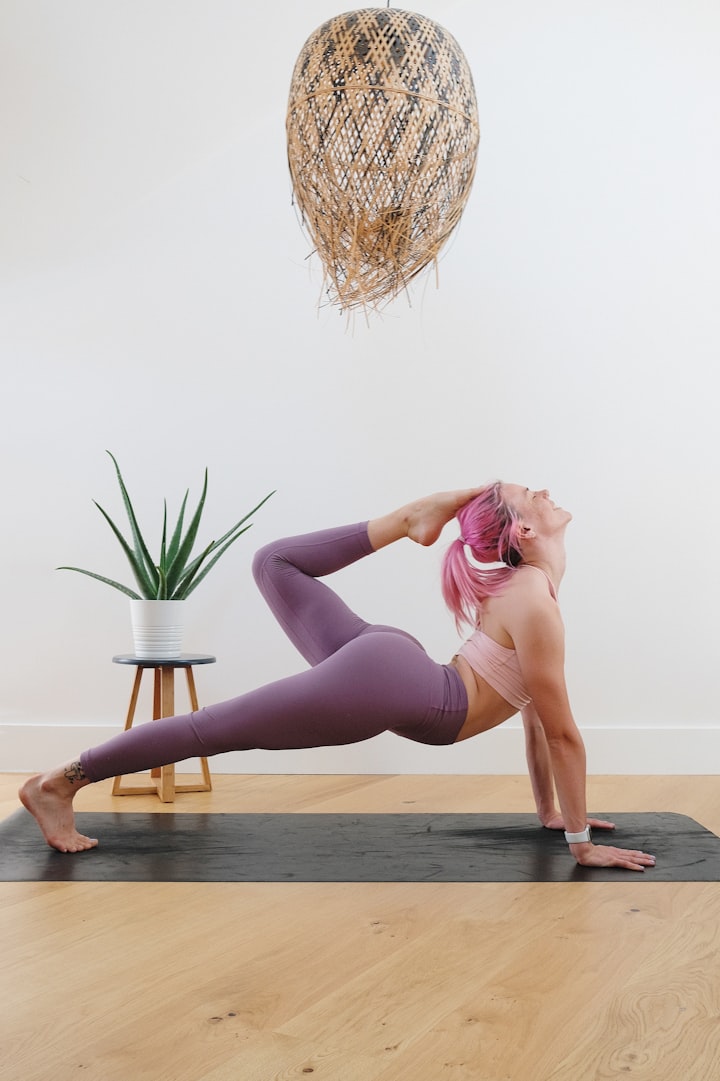The Healing Power of Yoga: Promoting Mental Well-being through Physical Postures, Breathing Techniques, and Meditation
Exploring the Benefits of Yoga for Reducing Stress, Anxiety, and Depression, and Enhancing Mind-Body Connection and Overall Health
Yoga is a practice that has been around for thousands of years, originating in ancient India. In recent years, the practice of yoga has gained popularity worldwide as a means of improving physical health and mental well-being. The practice of yoga involves physical postures (asanas), breathing techniques (pranayama), and meditation. Yoga has been found to be beneficial for various health conditions, including stress, anxiety, depression, and chronic pain. In this article, we will explore the connection between yoga and mind healing, and how the practice of yoga can promote mental well-being.
Understanding Mind Healing
Mind healing refers to the process of promoting mental well-being and treating mental health conditions. The mind and body are interconnected, and mental health is essential for overall well-being. Mental health conditions can have a significant impact on an individual's quality of life, affecting their relationships, work, and daily functioning. Mind healing techniques can be used to promote mental well-being, reduce stress and anxiety, and improve overall health and well-being.
Yoga and Mind Healing
Yoga is a mind-body practice that has been found to be beneficial for promoting mental health and well-being. The practice of yoga involves physical postures, breathing techniques, and meditation, which can help reduce stress and anxiety and promote relaxation. Yoga has been found to be effective in treating various mental health conditions, including depression, anxiety, and PTSD.
Physical Postures
Physical postures or asanas are an essential part of the yoga practice. Yoga postures involve stretching and strengthening the muscles, improving flexibility, and promoting relaxation. The practice of yoga postures has been found to be beneficial for reducing stress, anxiety, and depression. Yoga postures can help release tension in the body, promoting relaxation and reducing stress.
Breathing Techniques
Breathing techniques, or pranayama, are another essential aspect of the yoga practice. Pranayama involves breathing exercises that can help promote relaxation, reduce stress, and improve mental well-being. The practice of pranayama has been found to be beneficial for reducing anxiety, depression, and PTSD. Pranayama can help regulate the autonomic nervous system, promoting relaxation and reducing stress.
Meditation
Meditation is a practice that involves focusing the mind on a specific object or thought, promoting relaxation and reducing stress. Meditation has been found to be beneficial for reducing anxiety, depression, and PTSD. The practice of meditation can help promote mental clarity, improve concentration, and reduce stress.
Benefits of Yoga for Mind Healing
The practice of yoga has been found to be beneficial for promoting mental health and well-being. Some of the benefits of yoga for mind healing include:
Reducing Stress and Anxiety: The practice of yoga has been found to be effective in reducing stress and anxiety. The physical postures, breathing techniques, and meditation can help promote relaxation and reduce stress.
Improving Mood: Yoga has been found to be beneficial for improving mood and reducing symptoms of depression. The practice of yoga can help promote positive emotions, reducing symptoms of depression and anxiety.
Enhancing Mind-Body Connection: The practice of yoga can help promote the mind-body connection, promoting overall well-being. The physical postures and breathing techniques can help release tension in the body, promoting relaxation and reducing stress.
Promoting Relaxation: Yoga can help promote relaxation, reducing symptoms of stress and anxiety. The practice of yoga postures, breathing techniques, and meditation can help promote relaxation and reduce stress.
Improving Sleep: Yoga has been found to be beneficial for improving sleep quality and reducing insomnia. The practice of yoga can help promote relaxation and reduce stress, promoting better sleep quality.
Conclusion
Yoga is a practice that can promote mental well-being, reduce stress and anxiety, and improve overall health and well-being. The physical postures, breathing techniques, and meditation involved in the practice of yoga can help promote relaxation, reduce stress and anxiety, and improve mood. Yoga has been found to be effective in treating various mental health conditions, including depression, anxiety, and PTSD. The practice of yoga can also promote the mind-body connection, enhancing overall well-being.
In addition to promoting mental health and well-being, the practice of yoga has also been found to be beneficial for physical health. The physical postures involved in yoga can help improve flexibility, strength, and balance. Yoga has also been found to be effective in reducing chronic pain and improving cardiovascular health.
Overall, the practice of yoga can be a valuable tool for promoting both physical and mental well-being. The practice of yoga can be adapted to meet individual needs, making it accessible to individuals of all ages and abilities. Incorporating yoga into a daily routine can be a powerful way to promote overall health and well-being, and to support mind healing.
About the Creator
Arish Ali
The world is yours!






Comments
There are no comments for this story
Be the first to respond and start the conversation.